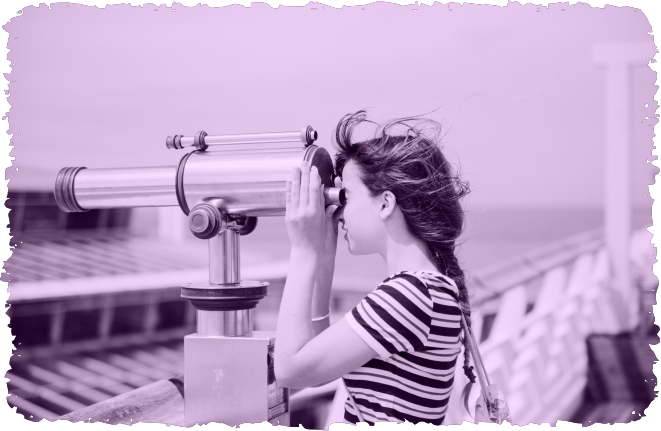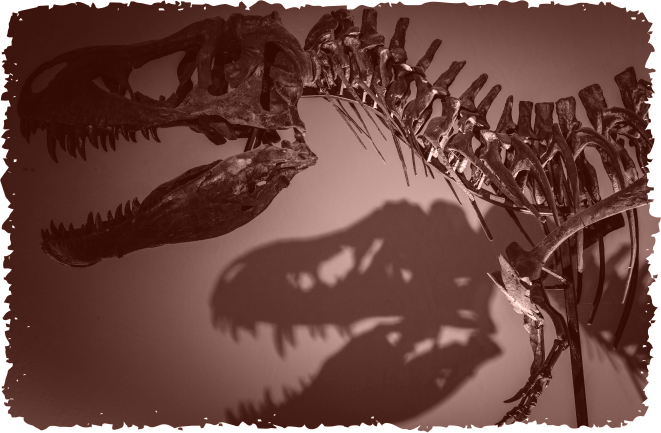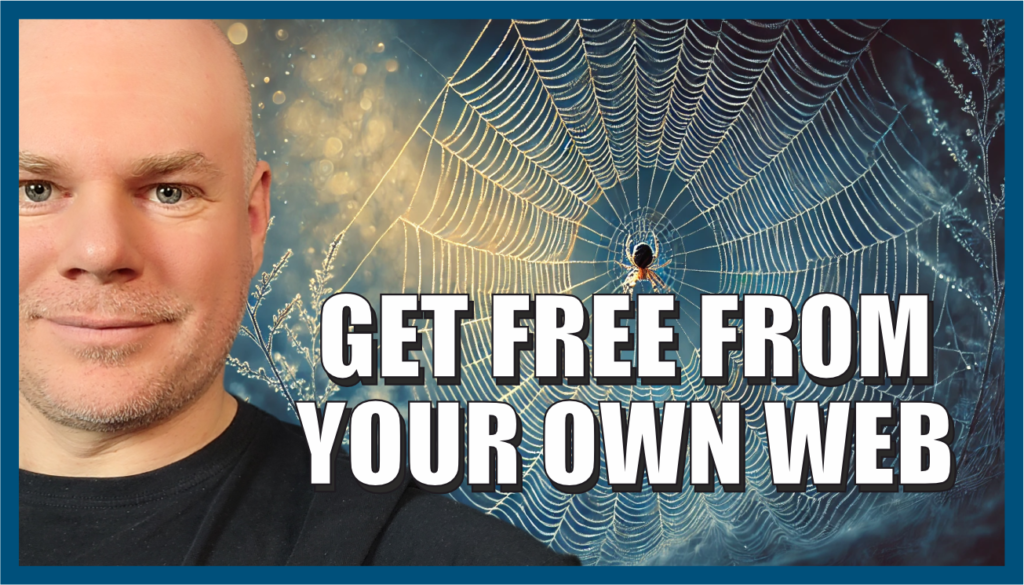Self-discovery is about getting to know ourselves better. Like we can travel the world and discover new places, we can also travel inside and become more conscious about this very complex machine that we are. The journey inside is the most fascinating trip you will ever make. When you start your journey, you will become more and more curious every time you find out more about yourself.
Knowing and understanding yourself better will help you in numerous ways. You can discover hidden talents, heal past wounds, become more authentic, become stronger and wiser, be more aware of your feelings, make better decisions about your career and relationships, become more spiritual, and so on. Also, by understanding more about yourself, you will be able to understand other people better as well.
The journey of self-discovery starts from understanding your identity towards the experience of pure self-aware consciousness. This amazing journey you can start right here by reading all the information on this page.
What’s in a name?
The moment you started your life, you didn’t have the power to create an identity of your own. On the other hand, being completely unspoiled, you probably were the most authentic version of yourself so far. When we are very young, it’s other people around us who decide who we are. We don’t have the power yet to control our identity. The decisions of our significant others can have a great influence on our lives forever.
For example, your parents gave you your name. A name is the most simple example of an important element of your identity that is given to you which will influence your whole life significantly. Maybe you were bullied or not taken seriously because of your name or respected really a lot instead. But of course, you are not a name. It’s just a part of your identity and it was chosen for you.
Monkey see monkey do
During our childhood, our identity becomes more pronounced thanks to all the people around us. Parents, family, teachers, peers… they all influence us somehow to act, think, and feel in a certain way. As children, we are very eager to learn and very happy to feel the approval we get from behaving in the way we are expected to. During our childhood, a foundation is laid for our gender, cultural and religious identity, important morals and values, and so on.
As children, we start actively using our identity and enjoy feeling a sense of pride in who we are. “Our school is better than the others”, “I’m the fastest runner in my class”, “my daddy is stronger than yours”, “my toys are the coolest”,…
Children start to have their own participation in their identity and this you can call ‘the rise of the ego’. We learn how to use our identity to our advantage, but we are very open to new attributes to identify with, given by the significant people around us.
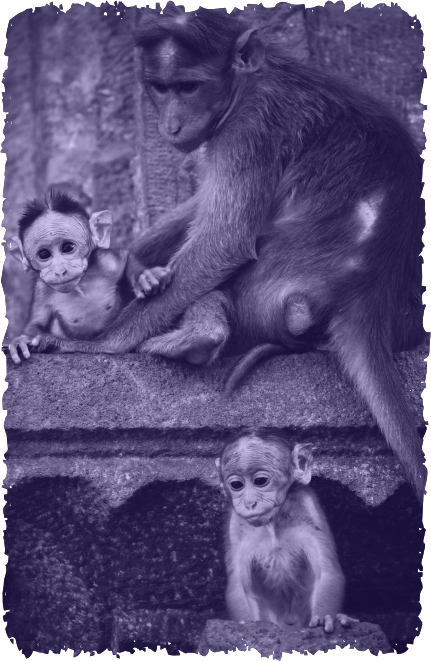
Teenage rebellion
As teenagers, our identity becomes more profound and confined. We learn how to defend our identity and we are less open to influences from others. During puberty, we take the matter of our identity into our own hands and look actively for attributes that we could benefit from and block the influences which we consider detrimental.
Teenagers are very critical, protective, and careful because at this age identity is everything, almost a matter of life or death. Often so, they rebel against the ones who gave us the base of our identity in the first place. Teenagers might identify with superficial things like certain music and clothes, but at this age, they develop also strong ideals and values of their own, to which they will defend dearly. In other words, the ego becomes the dominant player within a teenager’s identity.
Personality
Throughout our youth, we have developed our identity. When people ask us who we are, we answer with all the attributes we identified ourselves with during those years: our name, gender, country, religion, beliefs and values, and so on.
As young adults, we acquired also a certain awareness about our personality. If they ask us what kind of a person we are on a job interview we can answer whether we are patient, honest, intelligent, hardworking, loyal, or not. A personality is a set of characteristics describing someone’s typical behavior, emotions, way of thinking which we developed from both biological as environmental influences. But mostly, these personality traits we got to know because of other people telling us we are behaving like this and acting like that. Over the years we also adopted those traits as a part of our identity: the person we think we are. Most of our personalities will remain undiscovered until we start our self-exploration.
Our personality is a set of characteristics describing our behavior, thinking and feeling
Ego
The word ‘ego’ is a term that is used very often, with many different definitions, and often has unnecessarily bad connotations. Therefore it’s important to explain it a little more here as well. While your identity is the person you think you are, the ego is the ‘you’ who is thinking that. It’s the one you refer to as “I”. Your ego is the one within who thinks and feels and decides everything about your identity. The ego is the one who ‘identifies’ with certain attributes which become then part of your identity.
Your ego is not your identity or your personality, but it’s your sense of “I” which is claiming things to be or not to be a part of your identity and personality. The ego helps you to create borders between what you claim you are and what you are not and defend these borders. When you use the word “I” to refer to yourself, this is your ego. When you say: “I am like this and not like that”, your ego is identifying with a certain attribute of its identity and also defending itself for what it doesn’t want to be. In other words, your identity belongs to your ego.
Identity crisis
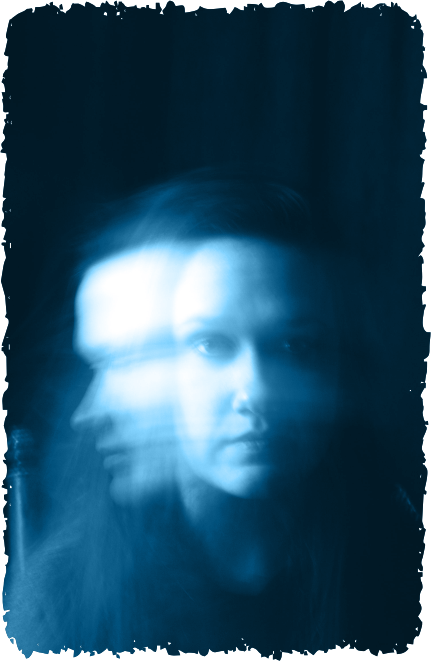
Mostly in our early adulthood, many people can experience an identity crisis. They [their egos] realize that the person they thought they were is not really who they are at all. We realize many attributes of our identity and even of our personality, we adopted because of the influence of others. But we never really ‘felt’ them to be who we really are. We just didn’t realize this in the past until now.
Essentially, our identity and also the parts of our personality we know about function as an avatar. It is a representation of who we think we are inside, but this representation is not necessarily right. When we feel our identity is not representing who we are deep down, we get ourselves into an identity crisis. We start questioning who we are and single out all the attributes of our identity which aren’t feeling right to us. We try to look for a new identity and sometimes even change our lives drastically.
The start of our journey
Experiencing an identity crisis is the real start of the journey of self-discovery. It’s the first time in our life we are looking for authenticity. Instead of identifying with attributes that are giving us approval, benefits, popularity,… we are ‘feeling’ and consciously comparing our identity with this personality we are behind the avatar. This is a real act of self-exploration because we are trying to experience who we really are and changing our identity to match with our conclusions.
Of course, not everyone is realizing that their identity is not representing who they truly are. Most people just go on with their lives and stay loyal to their avatars forever. Not everyone is capable or gets in a situation where they find out they can’t really be the person they really are. When you come to a point where you feel your current identity is too limited to be able to express yourself or you feel you are living a life that is not meant for you, you have started your journey. And it’s in your power to decide how far your journey goes.
The practice of self-inquiry
Self-inquiry is the practice that will make you progress on your journey of self-discovery. It’s all about changing your focus from your identity to the person you are underneath this avatar. You simply move your scope. You put yourself, figuratively speaking, in front of a mirror and contemplate about who you are beneath your identity, in all honesty. This way you can find out which attributes of your identity are not representative, but you can also discover assets about the personality you were not aware of.
The practice of self-inquiry is more of an attitude you develop than an organized activity. It’s the fascination and curiosity about yourself which makes you contemplate, question, and feel into yourself. It’s not necessarily a moment of the day you sit down in front of a symbolic mirror, but something you do automatically and effortlessly while you are walking, working, driving your car,… Being an explorer of the self is a part of you authentically are or not. But if you think you’re not, it’s maybe because you didn’t discover your curious nature yet.
Self-inquiry is more of an attitude than it is a practice. It’s a logical consequence of our curious nature.
Self-awareness
Your level of self-awareness is crucial to the number of discoveries you will make about yourself. Being self-aware means you are recognizing your own awareness. Your thoughts and senses make you aware of the world around you and your self-awareness makes you aware of these thoughts and senses. When you are watching a movie you are aware and able to follow the story, but in case you are aware of the fact you are watching a movie, you are self-aware at that moment.
In the moments you are self-aware, you are able to observe your own thoughts, feelings, and sensations. You are able to self-reflect and actually objectively observe what kind of person you really are. For example, when you are self-aware while you are jealous, you can also realize you are maybe getting easily jealous. Knowing this, you can ask yourself why you are getting jealous so easily. Maybe you are not very confident about yourself? Contemplating this way leads you from discovery to discovery. The more moments of self-awareness and how deeply you can focus on your own thoughts, feelings, and senses, the more you can discover about yourself and consequently also heal yourself.
The critical inner voice
Being self-aware is not always easy, because in the moments you are observing your own behavior, thoughts, and feelings, your critical inner voice can be triggered. Your ego is always trying to create the best possible identity for itself and its method to do this is by “judging”. The same way your ego adopts and blocks certain attributes to be part of your identity towards others, it can do this also to yourself. In moments of self-awareness, your ego observes your own behavior and can judge it negatively if this behavior is not fitting in the identity it ideally wants to claim.
A part of your identity is opinions, ideas, and ideals, about what a person you should be. Your ego has adopted these beliefs as a part of your identity and its job is to protect and defend this identity. So in moments of self-awareness, when your ego observes behavior, feelings, thoughts which are not according to its beliefs, it will judge and criticize you. In order to become more authentic and feel good in your own skin, you need to adopt the belief that how you are is absolutely okay, so your ego can be at peace without destroying itself from the inside.
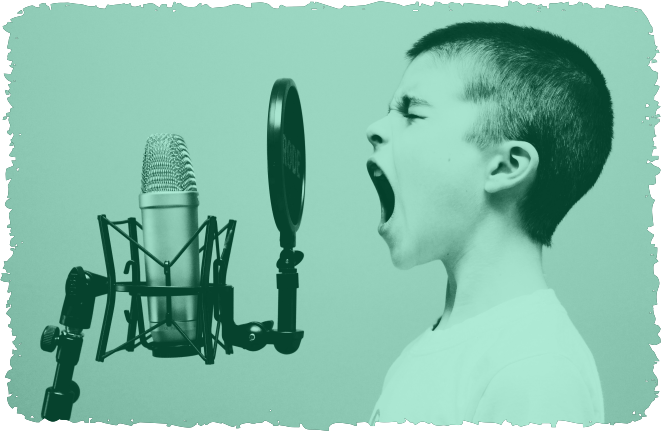
It’s of the uttermost importance we become aware of the mechanisms of our own ego and how it adopts beliefs and ideas to create its identity. When our adopted set of beliefs about how a person should behave is very different from our actual behavior, we can get into a serious war with ourselves. We can only win this war when our ego adopts beliefs and values of self-acceptance and casts out all its unrealistic ideals. Doing this is a huge help to create an identity that represents a self in a more authentic way.
A new and more authentic identity
When we discover more about ourselves and become more self-aware, we can allow our identity to represent better who we are. We can let go of the beliefs, values, interests, traits, we identified ourselves with in the past, but not really belong to us. We can make many changes in our lives and how we show ourselves to the outside world. We can change our beliefs, our choices, our jobs, our relationships, our behavior,… to be more in tune with how we feel inside. We can start to live more authentically. We can redefine our whole identity and live a life where we act in a way that we believe is right, no matter how we are influenced in the past and now. We can make our own choices and be the persons who we feel we are and defend our new identities from the outside.
I’m sure sometimes you hear stories of people who suddenly realize they were living a life which they thought they were supposed to live but suddenly change it completely. If you are for example living in a family where several persons are doctors, the chances are big that you become a doctor as well. But did you become one because you were supposed to become one or is being a doctor really your true passion?
In many cultures, we are supposed to study, find a job, get married, buy a house and get children in this exact order. But is such a preformatted life, as so many of us live, the choice of our authentic self or our identity which is influenced by centuries of the culture and religion where we live in? People who discover their own wishes, passions, and desires adopt different values and beliefs and create an identity that is representative of how they feel and think. They sometimes make drastic changes and live a more authentic and satisfying life.
Self-actualization
Self-actualization is the realization of your full potential. And you get to know your potential on your journey of self-discovery.
When you are a passionate discoverer, fascinated and curious about knowing yourself more and more, you will probably spend a lot of time being self-aware. You will observe your own feelings and thoughts intensively and figure out more and more about yourself. You will discover talents you didn’t know you had, boost your mental flexibility and change your beliefs in a way that is working for your benefit, become more confident and empowered, able to accept and integrate your negative aspects, and so on.
Step by step you will be able to live according to your full potential, become more and more authentic, and be the best version of yourself. Getting everything out of yourself is called the process of self-actualization. It means you are not only discovering all the things you can do, but you also have the courage and the drive to implement all your skills and talents to the max. People who pursue self-actualization use self-discovery to improve themselves to be able to attain their goals. These people have a lot of enthusiasm and energy to live and want to make a difference.
Experiencing an existential crisis
For the people who adopt a new and improved identity, their journey of self-discovery is somewhat over after they feel satisfied with who “they believe” they are and what they do. Their main focus goes back to the outside instead of the inside world. But some of us go deeper and deeper in contemplating ‘the self’. They change their identities several times, try to belong somewhere, or look for a purpose, but it’s just not working out. They never really feel they have found “themselves”.
They realize that being the person you want to be, by changing beliefs or changing your personality to match your beliefs, doesn’t give an answer to the question of who they are. For those people, their interest is simply not laying in the actualization of their potential and to accomplish a lot in this physical world. They are not able to find much satisfaction in it, because their true passion is self-discovery in itself. They want to go deeper and further down the rabbit hole. Their goal is not to improve themselves, but to know themselves instead.
We adopt a certain identity and we can change that identity according to the wishes of our ego. We can build this identity to represent our personality better and be more authentic. But in the end, this personality is also a result of environmental influences and some DNA-code, or is there more? So how much is really authentic in the end? And our ego, isn’t this just a sort of defense mechanism trying to create boundaries and deciding what is belonging to ourselves and what not? Is our identity not just a tool for our ego to help with our survival? But isn’t there a feeling of “I am”, that is separate from our ego in the end?
Making such realizations and posing such questions can induce, not an identity crisis, but an existential crisis. You see through the illusion of your ego and identity and you can’t really grasp who you really are. You feel you can’t believe in certain things anymore as before, you lose your passions, the things in life which made you enthusiastic. When you lose your sense of identity, you lose the comfortable mask which made you “YOU”, and now you feel lost, tired and you don’t know what to do or where to go with your life. Such a crisis is a hard time and can become a real depression. But the right answer is simple: just keep walking the path, go on with your journey!
Discovering our spiritual personality
During moments of self-awareness, we observe our own personalities. Our personality is our unique set of characteristics about how we think, feel and behave. From mainstream science, we learn our personality is caused by our experiences and influences from our environment and of course our biological configuration. But a thorough discoverer with an open mind desires to explore this personality deeper and dives also into the spiritual world.
Maybe our uniqueness also originates from past lives, from our soul, or maybe even a god made us who we are for a special reason? There is a lot to discover about yourself in the spiritual world but of course, you are entering with your search in a domain where there is no logic or science, and everything you discover there, can’t be proved or compared. Nonetheless, I assure you it’s worth the effort. Finding out more about yourself through spiritual exploration will help especially the people who couldn’t really create an identity they felt proud of so far or felt like they are belonging here.
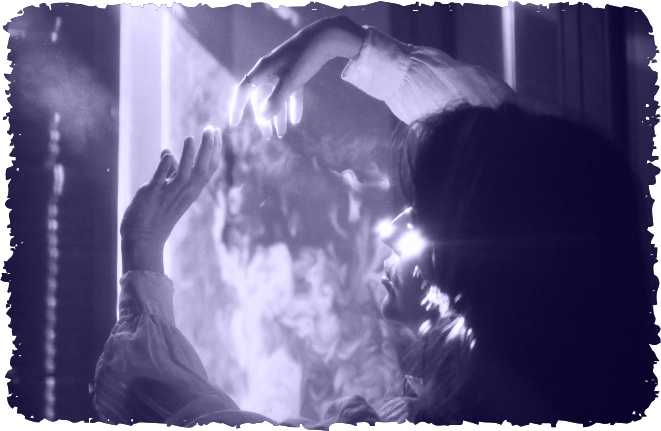
But whether we are building our identities with attributes from our culture, body, political or religious ideals, personality traits, or deeper spiritual influences from our soul or past lives,… it is still all part of the game the ego is playing. The creation of a spiritual identity or spiritual ego can be a trap to behold you to even further exploration of the self. Whatever our identities are made of or our egos try to do to create a boundary between you and the other, we are not grasping the essential “I am” yet.
Self-inquiry for the advanced user
We are able to observe our own body, thoughts, feelings, behavior, the world around us and some people can even observe spiritual realities. Our ego is using the information we observe to identify with or to block. Our ego likes to create an identity to define what it is and what it is not, in order to have a boundary to protect and defend. Thanks to having a sense of what belongs to us and what not, we are able to survive better. Every cell, plant, animal, and also human has systems to manage its boundaries. These gatekeepers make sure what is good for us gets in and what is detrimental gets blocked. Boundaries are essential for existence to even happen. The reason why humanity is so successful is because of our highly intelligent ego taking care of us.
But whatever our mind and our senses take in and whatever our ego decides to claim or to reject is not who we are. Whatever we think we are or whatever part belongs to us, isn’t us. What we are, can never be something that belongs to us or what we claim to be. I can’t be a thought, a feeling, or even a body or a mind. My thoughts, feelings, and my body and mind “belong” to me. And I can’t be the one who claims. Only the ego claims belongings for its identity to create separation. Therefore I can’t be the “I”, because every time I use the word “I”, it is used to claim something that I am or have. Even if I use sentences with the words I, you, our, I refer to my, yours, and our ego instead of the true self.
True self-inquiry goes deeper than trying to find attributes which your ego can use to build an identity. True self-inquiry tries to grasp the essence of the self and you can only find it by figuring out what it is not. Whatever you think you are, you are not. You are not even the thinker, because you can think you are the thinker.
Self-realization
To help someone grasp “the self” is almost too difficult to explain in words. But we can say that when we say “I am”, the “I” refers to the ego, who claims the “am” and the “am” is the true “self”. The true self is the one that “is”. Being doesn’t have attributes, pure being is just there and can only be experienced.
The experience of the true self is called self-realization or enlightenment and it’s the destination of your journey of self-discovery. The experience of the true self can’t be “found”. You can’t do efforts to find your true self, because you will always try to find “something” you are. You can try to experience pure being by going deeper and deeper in the observer-mode. Doing nothing, except observing your thoughts, feelings, and sensations. But you will realize, your ego is always going to be there with you, trying to stay in control. But the more you try to find the self and fail to do so, and the more you try to create silence and observe, someday and somehow your ego will lose its grip and you will experience pure being for a small moment or even forever.
I can only describe the experience as being the ultimate observer of everything you claim to be or claim to have. Being in the state of pure being, you and your life feel like being in a movie you watch. You are detached and therefore experience true freedom, peace, and silence.
Your true self can’t be found, it can only be experienced, since what you truly are is pure being, pure consciousness.
Let’s start your journey together
There is no journey more fascinating than the journey of self-discovery. Understanding yourself better and becoming more authentic is the greatest gift to yourself and to others. I’m available to guide you in your journey and in our conversation, we can accomplish the items on the list below together:
- Recognize parts of your identity which are not representative of who you are
- Get through your identity crisis and redefine yourself
- Boost your self-awareness and your self-inquiry practices
- Accept and manage your critical inner voice
- Discover all your skills and talents and unleash your potential
- Manage your existential crisis and stay on the path
- Discover the spiritual influences on your personality
- Learn to understand who you really are beyond the identity and the ego
- Become self-realized
Whether you are just starting your journey or you have traveled already quite a bit, in our conversations you can reach out for whatever you personally need to proceed on your path of self-discovery.
